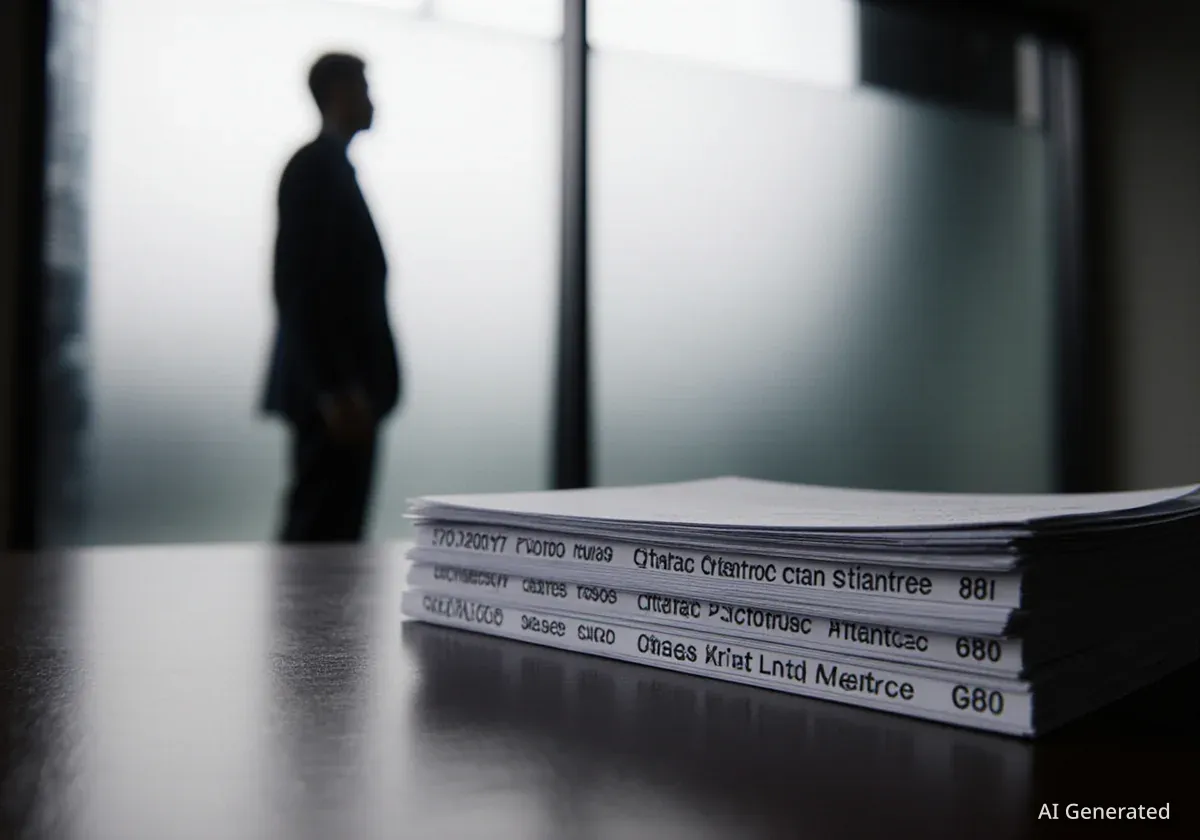A sharp increase in sophisticated real estate scams targeting vacant land in Park City, Utah, has put local real estate agents on high alert. According to the Park City Board of Realtors, more than two dozen fraudulent attempts to list and sell properties have been reported since May, with scammers specifically targeting lots owned by individuals over 65 who live out of state.
Despite the high volume of attempts, the vigilance of the local real estate community has so far prevented any fraudulent sales from being completed within Park City. This coordinated effort between realtors, law enforcement, and community members has created a strong defense against a growing national problem.
Key Takeaways
- Over 24 fraudulent property listing attempts have been reported in Park City since May.
- Scammers primarily target vacant lots owned by out-of-state residents over the age of 65.
- No fraudulent sales have been successfully completed in Park City due to the diligence of local realtors.
- Law enforcement faces challenges in prosecuting these cases, as suspects are often located overseas.
- Officials recommend property owners use services like FraudGuard to receive alerts about their properties.
A Coordinated Criminal Effort
The fraudulent schemes are marked by a consistent pattern of behavior. Scammers, posing as legitimate property owners, contact local real estate agents with an urgent request to sell a vacant lot. They often offer to list the property for a price significantly below its market value to attract quick offers and expedite the sale.
"Now, anytime that I get a call about listing a lot, my first thought is, it’s fraud," said Dawn Chapman, a Park City realtor who has encountered these attempts firsthand. She noted that the insistence on a rapid, low-priced sale is a major red flag for experienced agents in the area.
This tactic is designed to bypass the thorough identity verification processes that would typically accompany a standard real estate transaction. The criminals hope the lure of a bargain will cause agents and buyers to overlook inconsistencies.
Realtors as the First Line of Defense
The local real estate community has become the primary defense against this wave of property fraud. Bob Bemis, the Multiple Listing Service (MLS) director for the Park City Board of Realtors, has been central to organizing this response.
"Our agents are on the front line and are often the first to suspect someone isn’t who they say they are," Bemis explained. "Hopefully, our information campaign has raised awareness of the need to be scrupulous in confirming ownership."
When an agent receives a suspicious inquiry, they immediately flag it within a network established by the board. Bemis and his team then begin their own verification process. They track down the contact information for the legitimate property owner to confirm if they intend to sell. "100% of them come back and say, ‘No, we’re not selling this property,’" Bemis stated, highlighting the effectiveness of their system.
A Close Call
While Park City has avoided any financial losses, a nearby incident in Heber demonstrated how close these scams can come to succeeding. A fraudulent sale was nearly completed before a title company's final checks uncovered the deception, preventing any money from changing hands.
Why Park City is a Target
Scammers are drawn to Park City for several reasons. The area's real estate market is characterized by high property values, making the potential payoff from a single fraudulent sale substantial. A significant percentage of property owners are also absentee, meaning they do not live in Park City full-time.
This combination creates an environment where scammers believe they can operate with less risk of immediate detection. It is more difficult for an out-of-state owner to notice a fraudulent "For Sale" sign on their property. However, the tight-knit nature of the community has provided an unexpected layer of security, with vigilant neighbors often reporting suspicious activity.
The Challenges of Prosecution
Even when scams are identified, bringing the perpetrators to justice is a significant challenge for law enforcement. Sergeant Skyler Talbot with the Summit County Sheriff’s Office described the complexities involved in these investigations.
"They often involve complex schemes that make investigations difficult," Talbot said. He further explained that jurisdictional issues create major hurdles. "Even when we are able to identify viable leads or potential suspects, jurisdictional issues can create additional hurdles, particularly when the suspects are located outside our state or, in many cases, outside the country."
Cases where no money is exchanged are even more difficult to prosecute. While investigators can pursue charges for an attempted crime, the lack of a financial transaction complicates the legal process and often lowers the priority of the case.
Protecting Your Property
The Summit County Recorder's Office offers a free service called FraudGuard to help landowners protect themselves. By registering, owners receive an email alert whenever a document, such as a deed or lien, is recorded in their name. This provides an early warning system against unauthorized activity, allowing owners to act quickly to stop a fraudulent transfer.
A Community on Alert
The ongoing threat has fostered a culture of vigilance throughout Park City. The Sheriff's Office emphasizes that public awareness is the most powerful tool in preventing property fraud.
"We encourage residents to stay informed, exercise caution, and always report any suspected scam activity to the Sheriff’s Office," urged Sergeant Talbot. This collective effort, from realtors performing extra due diligence to neighbors watching over nearby properties, has so far proven successful.
Bemis acknowledged the unexpected turn his role has taken. "I didn’t plan on getting into the detective business when I started this route," he remarked. "So far, the campaign to keep our members informed has been working very well." The success in Park City serves as a model for how a proactive and connected community can effectively combat sophisticated criminal enterprises.





